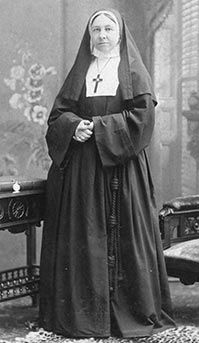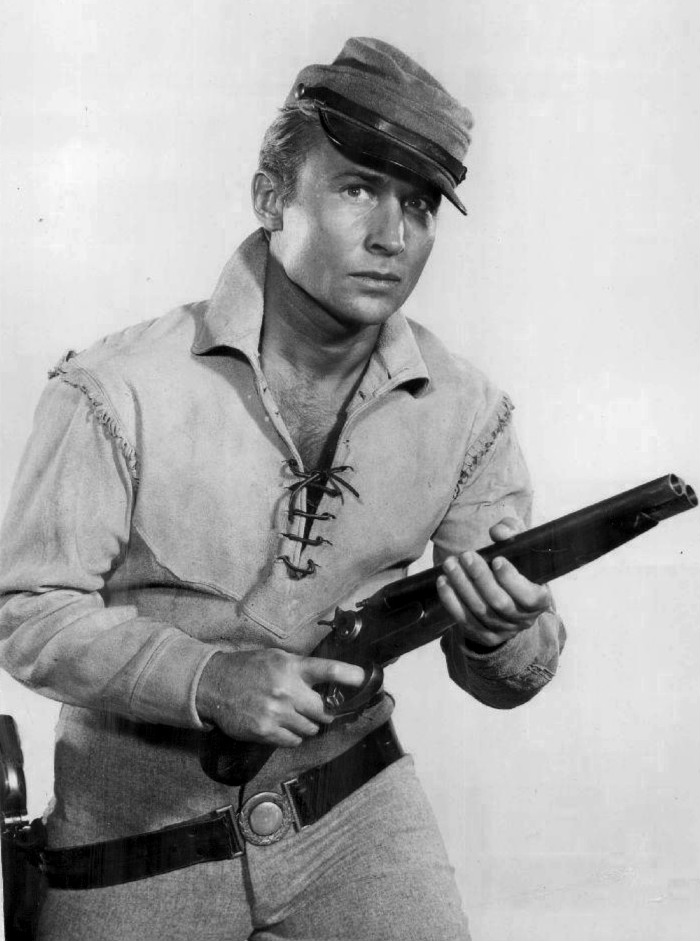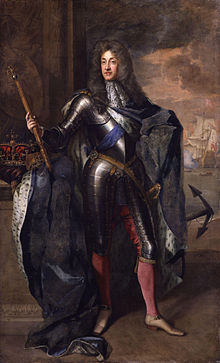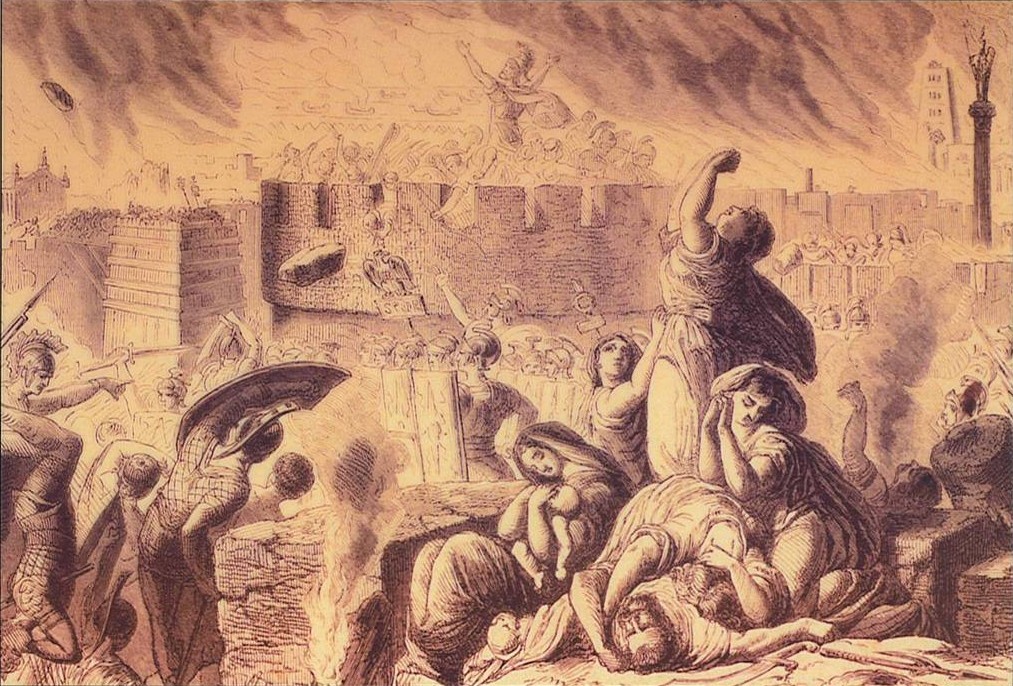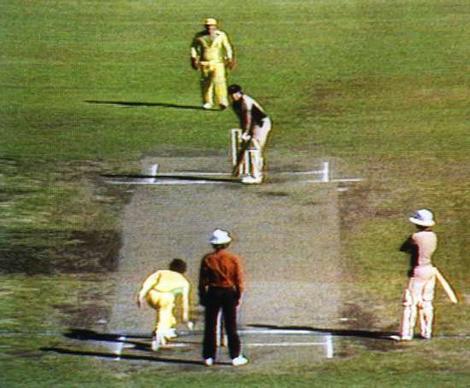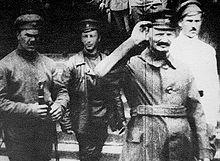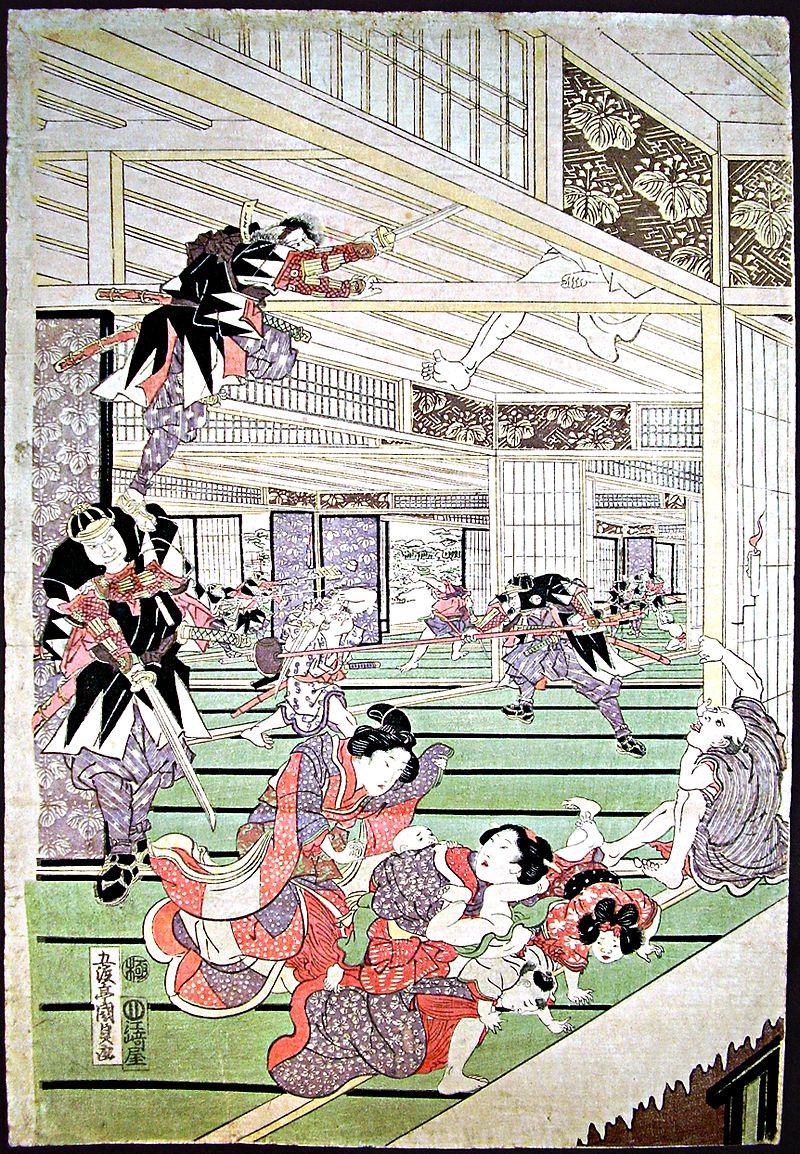1921
Death of Hannah Grier Coome
On this day the Anglican Church in Canada honours Hannah Grier Coome (1837-1921) or Mother Hannah who found the country’s first Anglican religious order for women.
Born thirty years before Confederation in what was then Upper Canada, Hannah Grier was the daughter of an Anglican clergyman. At age 22 she married an engineer, Thomas Coome, and moved with him to England until 1877 when they returned to North America. At the death of her husband Hannah resolved to return to England to join the order of the Sisters of St Mary but she was persuaded to set up a similar sisterhood in Canada instead. While funds were being raised to endow the order, Hannah worked with nuns in New York to gain experience in hospital and social work.
In 1884 Hannah made her vows and established the Sisterhood of St John the Divine in Toronto. With Sister Aimée Hare, she began to provide meals and clothing for the poor, teach Bible classes, visit the sick and sew for churches. The next year she volunteered for nursing duties during the Northwest Rebellion and helped set up a field hospital in Moose Jaw.
When she returned, the order established the first surgical hospital for women in Toronto and a home for the aged. Over the past century they have trained nurses, in convalescent care, and in rehabilitation; administered schools and an orphanage; worked with the mentally handicapped; ministered to the elderly; and worked with the poor in large cities and depressed rural areas. Today the sisterhood is best known for its rehabilitation hospital and retreat centres and for urging liturgical renewal.
For more on the Sisterhood of St John the Divine: http://www.ssjd.ca/history.html
